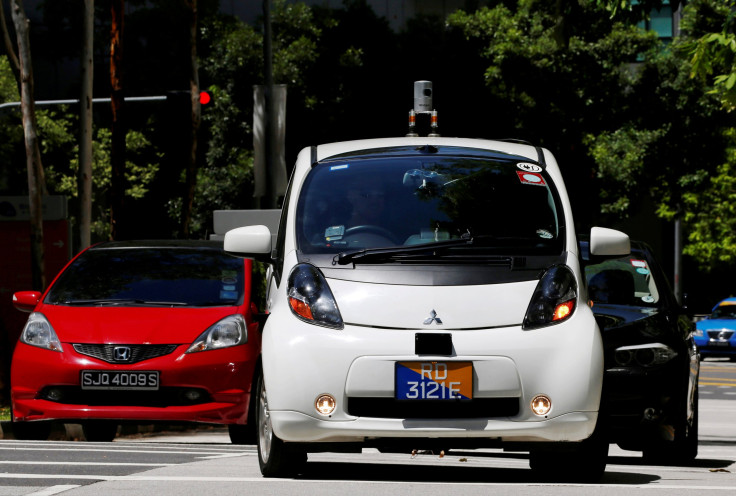Self Driving Technology To Face Its Toughest Test In House Of Representatives

Self-driving car technology will face its toughest test in the United States on Wednesday with the House of Representatives set to vote on the proposal for getting autonomous vehicles on the American roads. The proposed legislation is expected to not just help companies in developing the technology further but it will also ensure speedy deployment of autonomous vehicles on the American roads with minimum state oversight.
The vote for the legislation involving several stakeholders — including ride-hailing companies, auto companies, and tech companies — comes at a critical time when Russia and China are developing the technology at an accelerated pace. While major developments pertaining to the technology have taken place primarily in the United States, in the absence of proper laws, companies get mired in legal battle such as the Uber-California DMV spat where the state regulators asked the ride-hailing company to apply for a permit to test self-driving cars.
The proposed “Self Drive Act” bars the state from setting regulations on the design, construction, and performance of the self-driven vehicles. A host of car makers and tech companies including the Google spin-off Waymo, Apple and Tesla, have previously opposed strict guidelines proposed by the states such as California.
According to tech news website The Mercury News, the legislation could also allow exemptions for the self-driven vehicles from the rules set for human-driven vehicles. It could put 25,000 self-driven vehicles on the roads in the first year and 100,000 vehicles in the next three years. The proposed legislation is backed by a lobbying organization called the Self-Driving Coalition for Safer Streets, which is funded by Waymo, Ford, Uber, Lyft, and Volvo. The coalition has been pushing for speedy passage of the bill.
“Companies are pouring significant money into lobbying efforts for both sides, so I think you are seeing this influence in how quickly these bills are being pushed through,” Missy Cummings, head of Duke University’s Humans and Autonomy Laboratory, told The Verge in July.
According to House Majority Leader Kevin McCarthy (R-California), self-driving technology will make America’s transportation network “safer and more efficient." “Self-driving vehicles stand to make our transportation system safer and more efficient. Advancing this technology to road-ready requires government policy that encourages continued testing and development. This formula is the foundation for what makes America the most innovative country in the world,” he said in a statement.
While the proposed legislation may seem like a welcome step for the technology, removing state oversight on self-driven vehicles may cause issues as the National Highway Traffic Safety Administration (NHTSA) is yet to set the safety standards for self-driving, according to John Simpson, spokesman for the consumer advocacy group Consumer Watchdog.
“There are no enforceable (federal) safety standards. The main concern is that it does away with the states’ ability to have any safety standards in place. All we’ve gotten is some loose guidance. I’d like to see some national, enforceable safety standards... When you leave things up to companies they take the cheapest way forward and do not often enough have safety as a primary concern” Simpson told The Mercury news while commenting on the proposed legislation.
Cummings, who has testified at multiple congressional hearings regarding self-driving, agrees with Simpson. “I am concerned that they do not do enough for safety. It is negligent and dangerous to dump one million autonomous cars on the public with no stringent test requirements, and with no formal intervention for five years,” she further said.
However, the proposed legislation cannot be dismissed as arbitrary. To get any exemptions from the existing rules for the human driven vehicles, companies will have to provide a detailed analysis of their self-driving features and safety rules.
Experts like Patrick Moorhead, an analyst at Moor Insights and Strategy, and Stanford University researcher Bryant Smith disagree with Simpson and believe that NHTSA would soon announce standards for self-driving vehicles.
According to Greg Walden (R-Oregon) and Bob Letta (R-Ohio), the proposed legislation will “pave the way for the safe testing, development, and deployment of self-driving cars across the U.S.” Given the contrasting views on the proposed legislation, it will be interesting to see how the vote turns out.
© Copyright IBTimes 2024. All rights reserved.





















